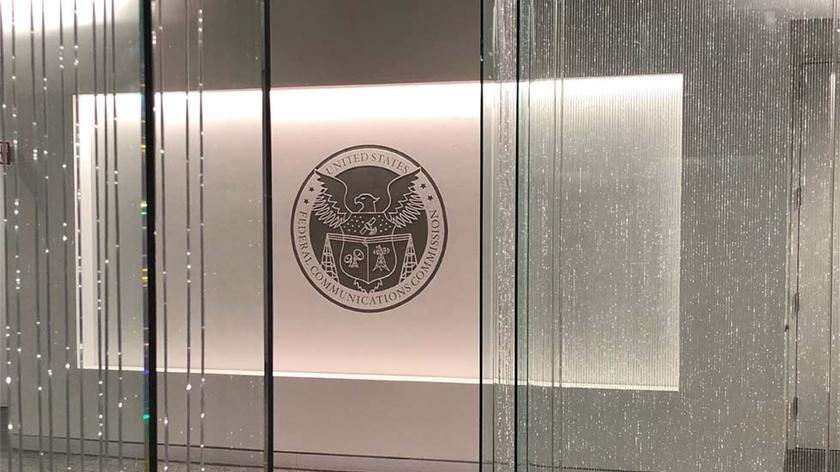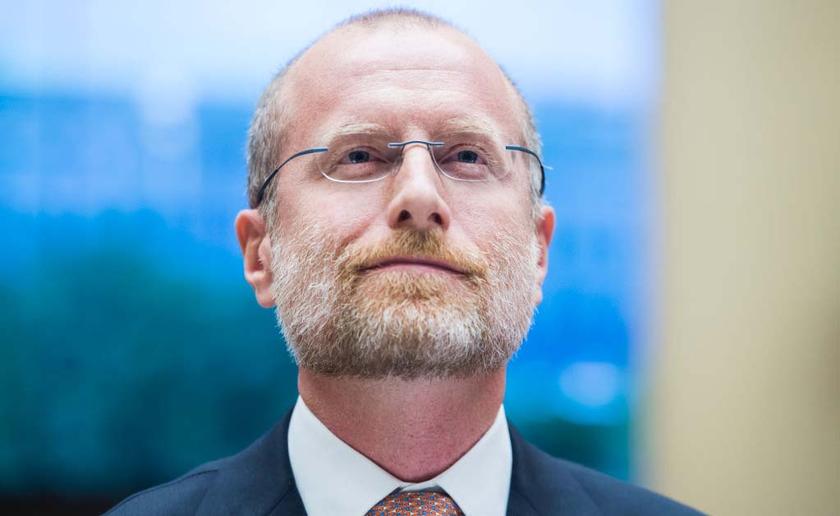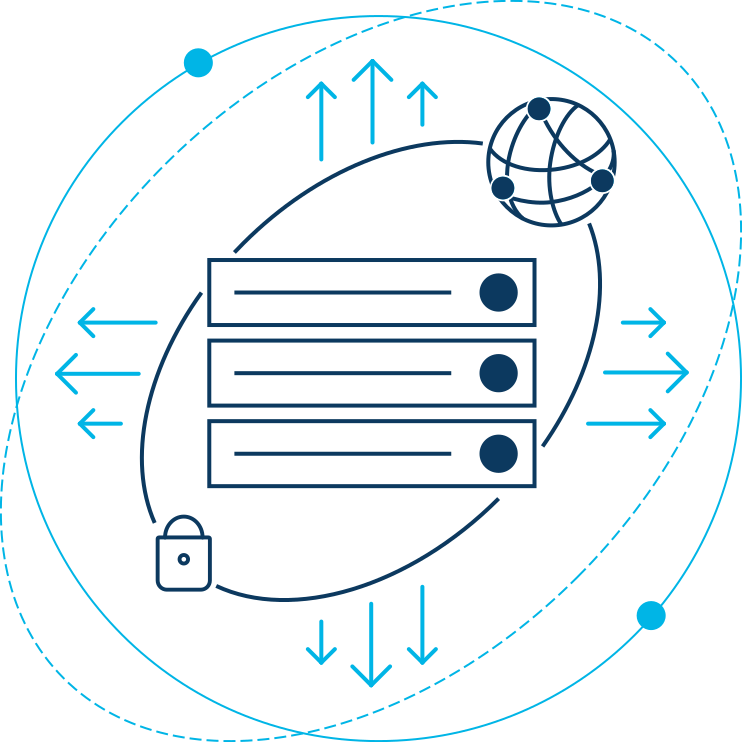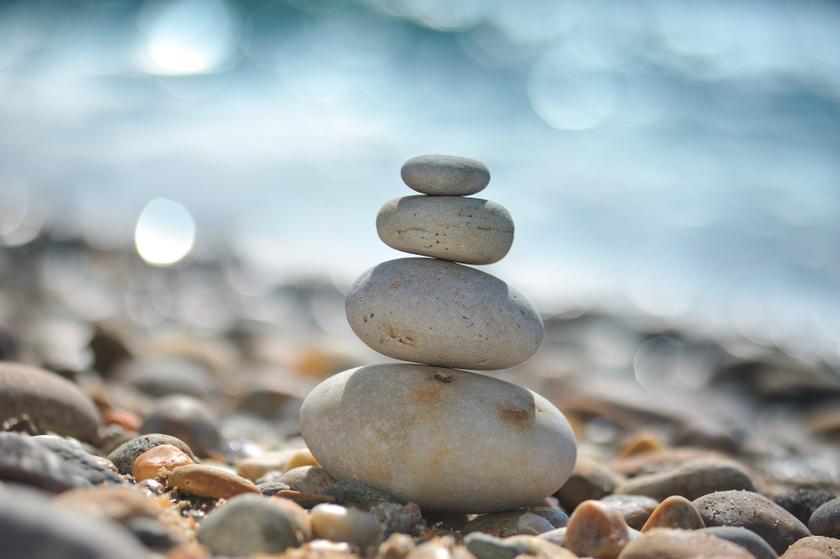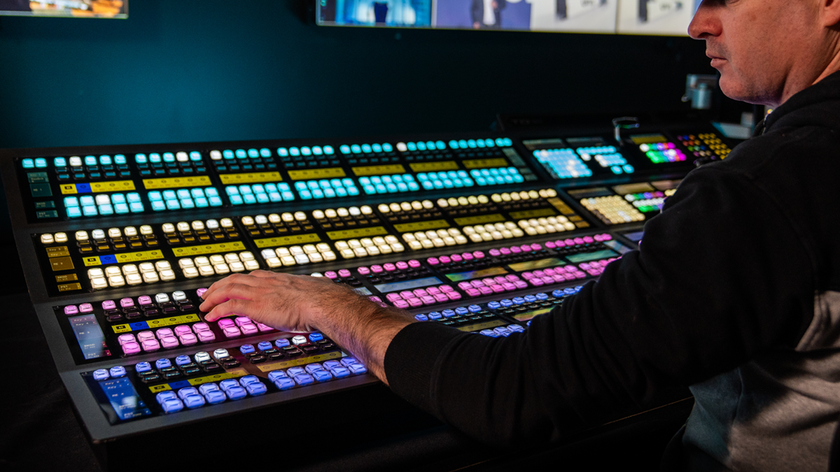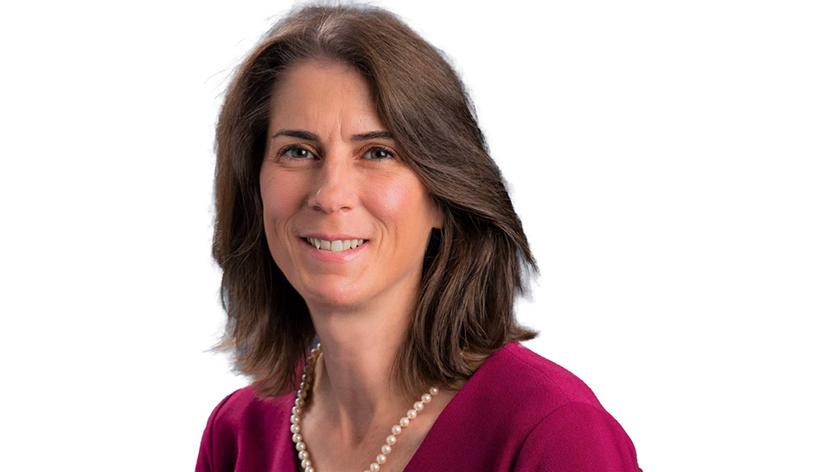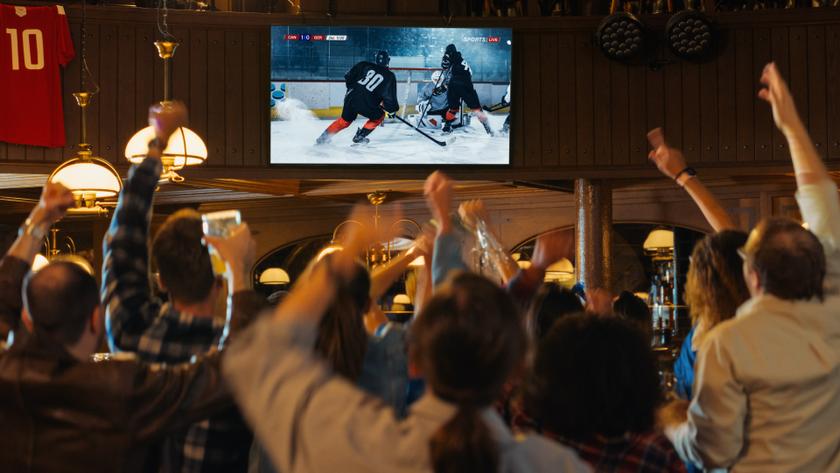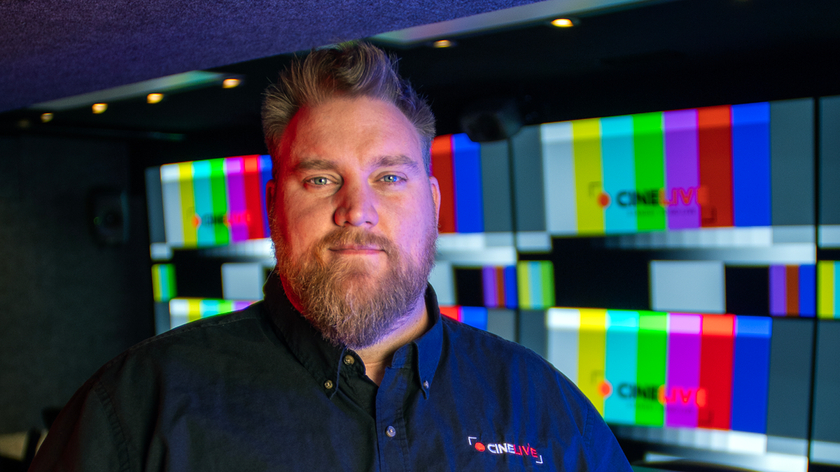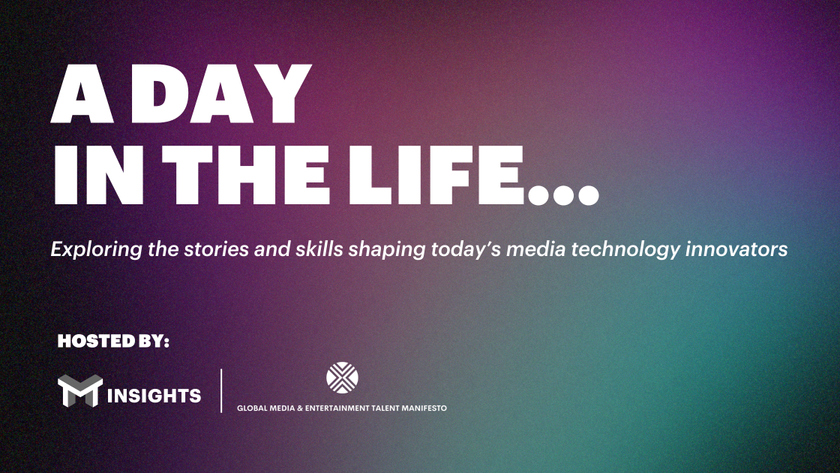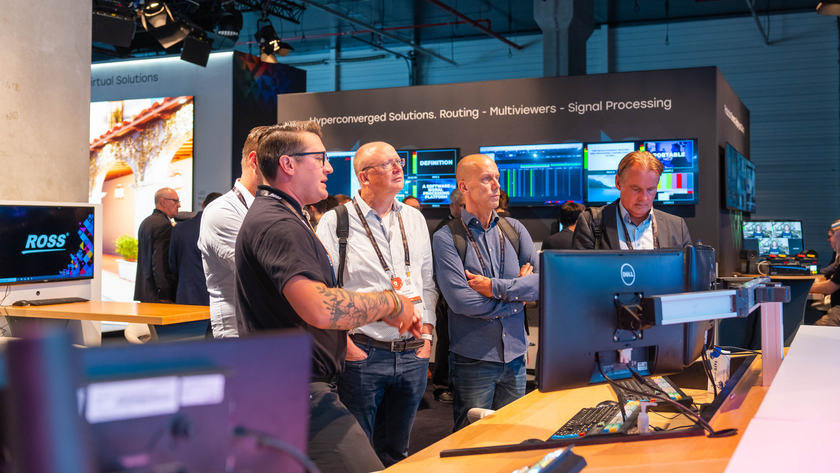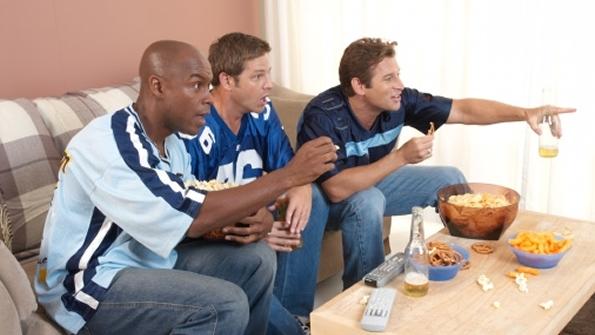Podcasts—Don't Forget Good Audio

From slick to schtick, it's fun to explore the wide range of podcasts that are available. While I enjoy listening to the more professionally produced "re-broadcasts" of radio or TV shows, I have a certain fondness for many of the self-produced, often quirky, homebrew shows from enthusiasts sharing their interests or hobbies.
As the content varies, so can the audio quality—from very clean and crisp to noisy and distorted, and sometimes even in the same program. While a podcast need not necessarily be of "broadcast quality," neither should audio quality be ignored just because podcasts tend to be more informal or that they emanate as a low bit rate computer file. Bad audio quality, unless perhaps a conscious aesthetic choice, tends to detract from the message being delivered.
Getting into podcasting isn't that hard, but it does involve some financial outlay. Besides a computer, you'll need some audio gear and recording/editing software. And then you'll need to find a podcast host. Some are free; others charge for their services.
Let's look at the production side. There's a tendency to jump right into the gear, but wait! Think first about what your podcast will entail. The answers to the following questions will help you select the right gear.
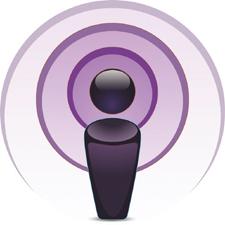
Where will the podcasts be recorded? In a fixed location or all around town? How many people will be speaking at any given time? Will it just be you, the podcaster? Or will you have a co-host some or all of the time? Will you want to interview guests, and how many at a time? Do you plan to have music in your podcast? (if so, watch those copyrights); Will you be doing telephone interviews? If you plan on starting out more simply at first, how might your podcast expand in the future?
GOING SOLO
If it's just going to be you and your voice in the podcast, then a pretty simple setup will suffice, with a USB microphone and some recording/editing software, which should include an MP3 encoder. But what type of microphone? Where will you be recording?
The microphone isn't the place to go cheap. You may be tempted to use the built-in microphone in your computer or some really inexpensive models meant more for voice commands or Web conferencing. But don't.
Gary Beebe, special projects engineer at Broadcast Supply Worldwide, noticed that when podcasters first start out, they tend to buy condenser microphones in the $100 price range, "but these kinds of mics are extremely sensitive and they pick up room sound," he said. "A more appropriate mic would be a large dynamic in the $400 range, more like the kind broadcasters use."
That's quite a difference in price, so compare and listen, ideally in the space where you'll be recording, and use really good monitoring headphones or loudspeakers (more on that in a minute). If you're using poor monitoring equipment you may not hear the difference, but your listeners might.
While you're trying out mics, make sure you're not overloading the mic preamp you're using (in the computer or USB device). If you're used to pro gear, you may find that the computer devices have more limited headroom.
Consider the speaking style you'll be using in your podcast. Is it a nice conversational tone, or tending towards a ranting, raving, screaming style? If you start hearing distortion, back off the mic. Start speaking less loudly or consider a different preamp.
Then there's the space where you will record your podcast. If this is a do-it-yourself project, chances are you won't be using a professional recording studio (although, if you have access to one, take advantage of it). So first look for a quiet room, perhaps not facing a busy street.
Then consider the room acoustics. Most domicile rooms tend to be rather reflective, with hard parallel surfaces. You may need to re-arrange some furniture; add some floor carpeting; put books on shelves; or set up some cushions around your recording setup to help absorb some of the reflections. There are professional sound control products you could use for absorption or diffusion.
As you adjust your setups and as you record, it's important to listen critically to the results. That's where good quality headsets come in, again, not a place to scrimp. You want to hear everything that's going on so you can decide if those are the results you're looking for. And, as in recording studios, when you're recording your podcast, keep the computer or external loudspeakers off to avoid feedback or a reverberant sound.
As you edit your podcast, then good quality monitor loudspeakers will aid you in evaluating audio quality. Other useful items to include in your gear list are pop filters (a screen placed in front of the mic), perhaps an audio processor, and an MP3 player to preview your podcast before posting it.
ADDING ELEMENTS
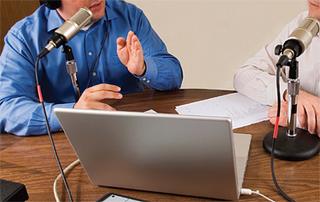
If you're planning a podcast with more than one element, then you'll need an audio mixer. Count how many mic inputs you'll need for co-hosts and guests, including your own. If you're planning on playing music, you'll need stereo line inputs for such devices as CD and DVD players, portable music players, and portable recorders. For phone-ins, you'll need a telephone hybrid. The total will determine how many channels you'll require. If possible leave room for future additions. Many small mixers are now equipped with a USB interface to make computer connections easier.
If you're not familiar with audio mixers, and find too many knobs and buttons intimidating, take some time to (gasp!) read the manual to learn how to properly adjust levels and set other parameters like equalization and compression. Many manufacturers post their manuals on their websites, so you can research before you buy.
Another useful tool is an audio processor, which becomes more important with the addition of guests, who may not be as mic savvy as you.
"If people have trouble staying at a constant distance from the mic," said Beebe, "the mic processor will help keep the levels constant in addition to suppressing background noise."
GETTING MORE INFORMATION
Product reviews and individual manufacturers' websites can be good sources of information, but keep in mind that the most popular or most hyped piece of equipment may not always be appropriate to your podcast—another good reason for spending the time upfront to figure out exactly what you want to do.
Suppliers of broadcast and audio equipment are other good sources of information and can offer podcast packages. Their technical sales people have just about heard it all from new podcasters of what works and what doesn't. Consider their experience, even if it means upping your budget. They may help prevent you from making unnecessary mistakes.
Experiment as you go through this process and you'll see improvement with each podcast.
As a last tip, this time from Wayne Davis, sales engineer, from Sweetwater: "Record the best quality you can. It will be better in the long run."
Mary C. Gruszka is systems design engineer, project manager, consultant and writer based in the New York metro area. She can be reached via TV Technology.
Get the TV Tech Newsletter
The professional video industry's #1 source for news, trends and product and tech information. Sign up below.
